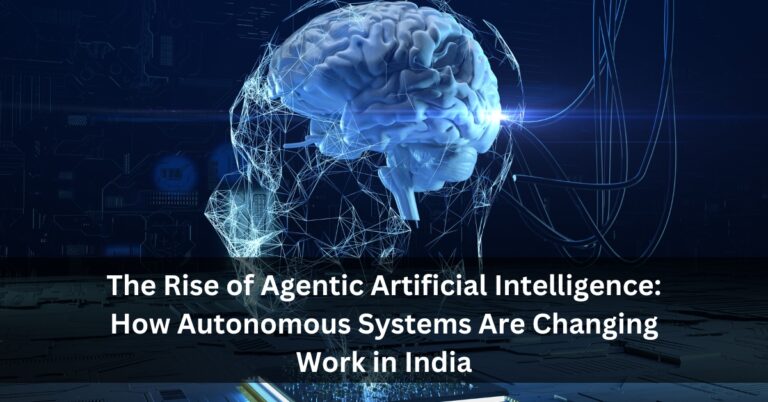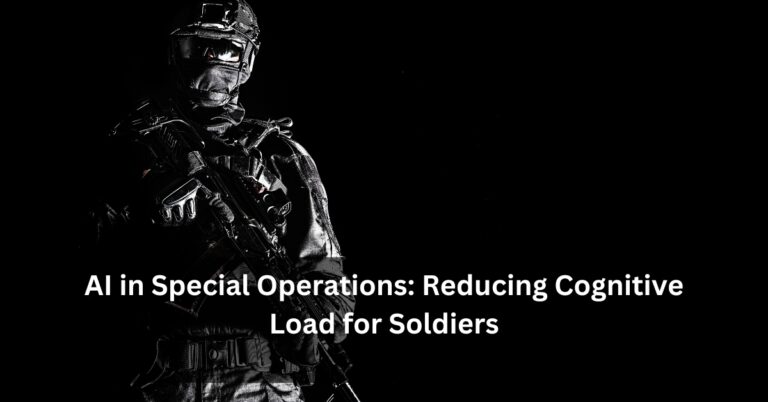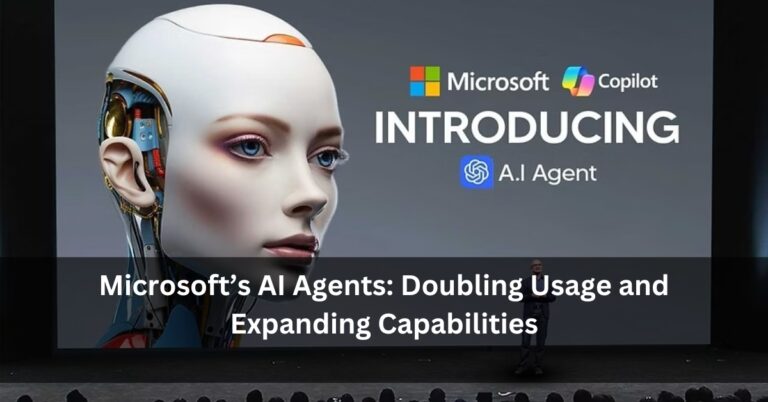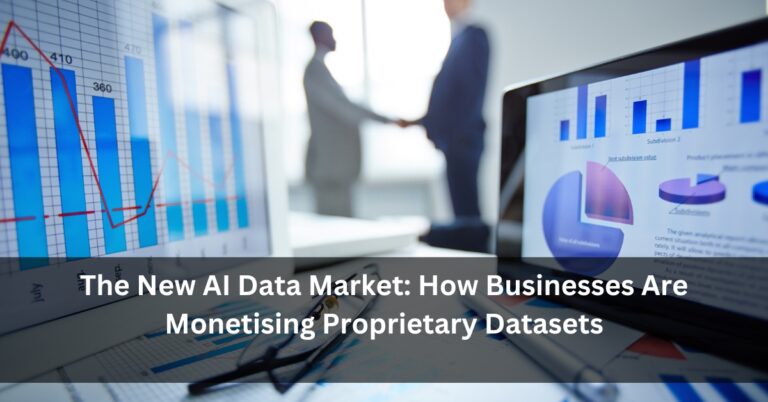Microsoft’s AI Agents: Usage Doubles as New Capabilities Unfold
The world of Artificial Intelligence is growing at an unprecedented pace, and one of the biggest contributors to this progress is Microsoft. During its recent Build 2025 developer conference, Microsoft made several announcements that shed light on how its AI agents are not only becoming more powerful but also more useful in daily tasks across businesses and personal productivity.
For the Indian audience keen on technology and innovation, especially readers of FutureAI, this development offers a glimpse into the future of digital work, where AI will act less like a tool and more like a team member.
Why Microsoft’s AI Agents Matter Right Now?
Artificial Intelligence is not a futuristic concept anymore. It is already integrated into the tools many of us use every day—like Microsoft Word, Excel, Outlook, and Teams. Microsoft has embedded its AI system, commonly referred to as “Copilot,” into these applications. What makes 2025 different is how these AI agents are becoming more active, more intelligent, and more connected.
According to Microsoft, daily usage of these AI agents has more than doubled in the last year. This significant rise in adoption clearly shows that users are beginning to trust AI to handle more than just basic tasks.
At FutureAI, we believe this marks a major turning point in how Indian users—students, professionals, and businesses—can benefit from integrating AI into their everyday workflows.
What Are Microsoft AI Agents?
AI agents are digital programs designed to perform tasks by understanding and responding to natural language input. Think of them as assistants that don’t just follow commands but can also make decisions, track tasks, and collaborate across multiple platforms.
In its new update, Microsoft introduced the concept of multi-agent systems, where several AI agents can work together to complete complex operations. For instance, one agent can collect data, another can analyse it, and a third can draft a full report, all in coordination with each other.
This is particularly useful for industries such as finance, education, healthcare, and customer service. It helps reduce human effort, improve accuracy, and speed up processes. As this evolves, we at FutureAI foresee a future where every Indian business, big or small, can make use of AI agents to save time and increase efficiency.
New Features Introduced at Microsoft Build 2025
Several new features and updates were rolled out that make Microsoft’s AI agents more capable and accessible:
- Copilot Studio Upgrades: Developers can now build custom agents more easily with improved tools. Over 2.3 lakh organisations are already using Copilot Studio globally.
- Open Standards Integration: Microsoft has adopted a new protocol called the Model Context Protocol (MCP). This allows AI agents to interact not just within Microsoft tools, but also with external platforms. This means you could use a Microsoft AI agent to help manage tasks in non-Microsoft environments too.
- Zero Trust Security: To address concerns about safety, Microsoft has extended its Zero Trust security model to its AI agents. This ensures that data handled by these agents is protected through identity verification and access controls.
- Agent Memory and Reasoning: The new AI agents can now “remember” previous interactions and make decisions based on that memory. For example, if you routinely ask the agent to summarise weekly sales, it can anticipate the request and deliver the report without needing a prompt.
At FutureAI, we aim to keep our readers updated on such changes because we know how important data privacy and operational efficiency are in today’s digital environment.
How Can This Help the Indian User?
Microsoft’s vision is not limited to large corporations. These developments are intended for wide-scale adoption—from startups and educational institutions to individual users. Indian users can benefit in several ways:
- Language Processing: AI agents now support multiple languages, making it easier for non-English speakers in India to interact with these systems.
- Small Business Automation: Tasks like invoice generation, email follow-ups, appointment scheduling, and customer queries can be handled by AI agents, reducing the need for large support teams.
- Personal Productivity: Students and professionals can automate repetitive tasks like data entry, document formatting, and email drafting. This saves time and allows for better focus on learning and creativity.
At FutureAI, we encourage users to explore these tools and understand how AI can become part of their success story.
What’s Next?
Microsoft has made it clear that AI agents will soon be capable of even more—like reasoning across different tasks, understanding user intent more deeply, and even collaborating with other agents across the internet. As we move toward what Microsoft calls the “Agentic Web,” it becomes crucial for users to stay informed and prepared.
With AI adoption growing fast in India, it is essential to learn about these changes and take advantage of them. Whether you’re an entrepreneur, student, working professional, or a curious learner, this is a great time to explore what AI can do for you.
Stay tuned with FutureAI for updates, tutorials, insights, and real-world use cases of AI in the Indian context.
Final Thoughts
Microsoft’s AI agents represent a major shift in how we use technology. By doubling down on innovation, security, and user experience, Microsoft is making AI more accessible than ever. For Indian users, this is an opportunity to use global tools tailored to local needs.
At FutureAI, we’re committed to helping you understand and adopt these technologies in the easiest and most practical way possible. As AI continues to grow, so do the possibilities—and we’re here to guide you every step of the way.







